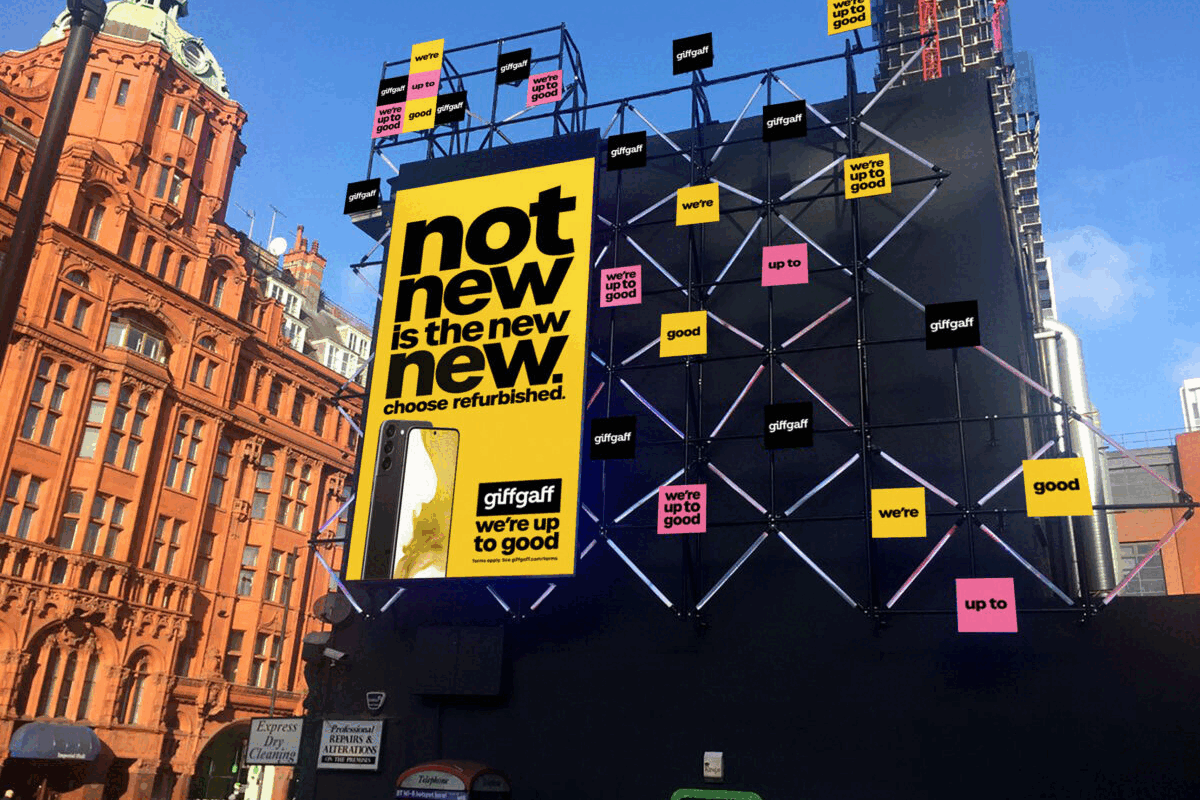Apple confirms IDFA changes will take effect from 26 April
- Wednesday, April 21st, 2021
- Share this article:
 Apple has confirmed that the changes to its IDFA (Identifier For Advertisers) which will require app developers to use its App Tracking Transparency framework to request users’ permission to track them or to access their devices advertising identifier will come into force from next Monday, 26 April, with the public release of iOS 14.5.
Apple has confirmed that the changes to its IDFA (Identifier For Advertisers) which will require app developers to use its App Tracking Transparency framework to request users’ permission to track them or to access their devices advertising identifier will come into force from next Monday, 26 April, with the public release of iOS 14.5.
As Apple’s blog post confrming the move points out: “Unless the app receives permission from the user to enable tracking, the devices advertising identifier value will be all zeros and you may not track them.”
The blog post also reminds developers that when submitting their app for review, any other form of tracking — for example, by name or email address — must be declared in the product page’s App Store Privacy Information section and be performed only if permission is granted through AppTrackingTransparency. Developers will also need to include a purpose string in the system prompt to explain why they’d like to track the user. It reminds developers also that collecting device and usage data with the intent of deriving a unique representation of a user, or fingerprinting, continues to be a violation of the Apple Developer Program License Agreement.
Apple move is likely to have a huge impact on advertisers’ ability to track users across apps and therefore target them with relevant advertising. As a general rule, when people are asked to opt in or re-opt in to something they had not previously realised they were opted in to, the optin rate is pretty low, a point picked up on by Jenny Crook VP, Mobile Product at Jellyfish. She said:
“In reality, limited tracking for apps has existed for many years, but as it was the minority of users who chose to opt out of tracking it was very easy for marketers to model out campaign performance. As apps must now obtain consent from a user through the App Tracking Transparency (ATT) framework to access their device’s advertising identifier by default it is estimated that many users will choose to remain opted out.
“In order to validate advertisement-driven app installations of users who do not opt in to tracking Apple has introduced SKAdNetwork (SKAN) which shares conversion data with advertisers without revealing any device-level data.”
“For campaign performance, advertisers will still be able to focus on the first engagement that an end user has with their brand and measure the impact that those campaigns had during the first few days of the user using the app by mapping SKANs conversion value to the upper funnel events that occur within the first 24 – 72 hours of the user installing. Instead, advertisers should focus on identifying the predictive events that indicate the lifetime value of their app users in order to prepare for this change.”
















